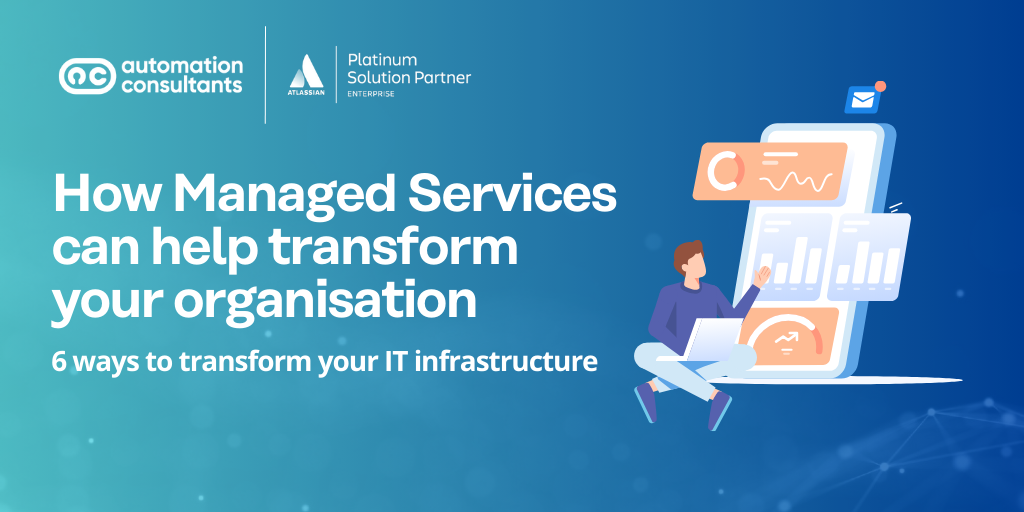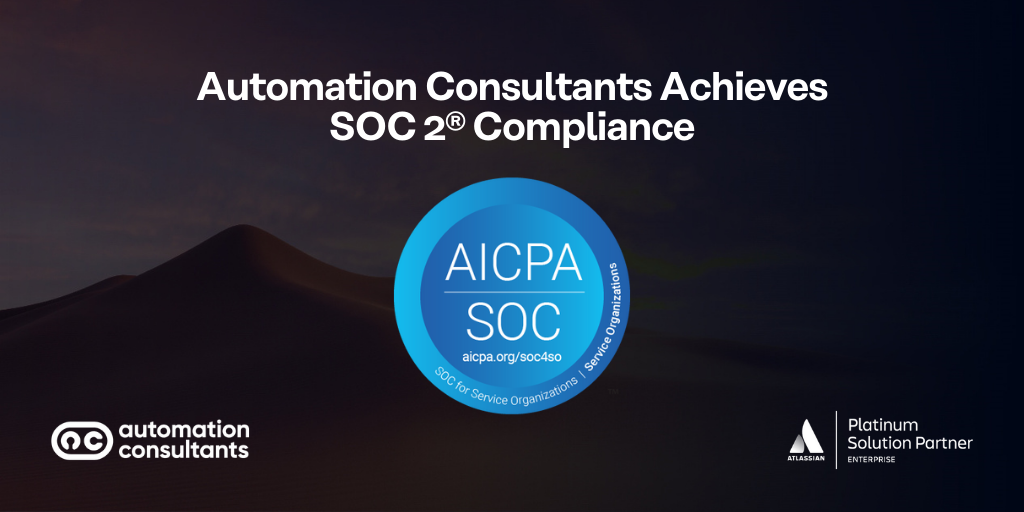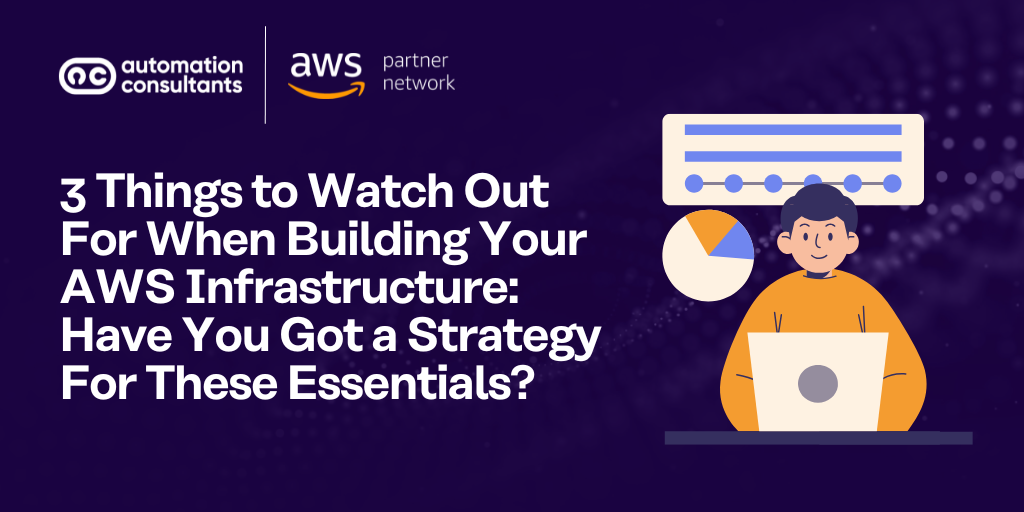Are you currently thinking about moving to Managed Services to transform your IT infrastructure?
Weighing up the pros and cons and trying to establish whether you might be better off hiring more staff under your own headcount? Well, let us help you explore why Managed Services might be the perfect solution.
Firstly, what is a Managed Service? A helpful way to define Managed Services would be as a practice of outsourcing the maintenance of your IT infrastructure and applications, including networking, security, and monitoring. Providers of Managed Services will assist in developing a plan to maximise the IT potential, based the needs of your organisation. Managed Service Providers (MSP) work with and support customer systems on a daily basis – including out of office hours- allowing your organisation to focus on other areas without service interruptions, downtime, and system issues.
If you’re opting for an MSP partnership, it will always be underpinned by a service level agreement that specifies both parties’ responsibilities, as well as what your organisation should expect from the service.
Continue reading for 6 ways how Managed Services can transform your organisation’s IT infrastructure.
1. Access to latest technology
Some of the biggest costs for any organisation are in preparing for, implementing and maintaining the latest technology. An MSP can provide continuous access to the latest technology, whilst minimising investments on your behalf – including both financial resources (i.e. licences), and human resources (i.e. people).
DevOps experts can manage and configure cloud infrastructure, which can be a time-consuming task for in-house developers to create from scratch. With access to libraries of infrastructure as code that can be applied to most organisation’s requirements, MSPs can save you time and money.
2. IT expertise and digital transformation
Perhaps as part of your current set up, you employ a locally situated IT team to oversee everything from infrastructure to development and compliance (amongst other projects). Whilst this method is common, we commonly see that it hinders progress due to the lack of appetite or capacity for continual improvement and the upgrading of existing processes. This ‘if it isn’t broken, it doesn’t need fixing’ approach results in outdated practices and resources, which eventually require costly, large-scale overhaul. The repercussions of this can be further disruption, expense and leaves organisations open to multiple other risks.
On the other hand, an MSP functions as an outsourced organisation of technology experts who can transform in-house processes and functions with constantly up-to-date solutions. It is integral to the running of an MSP to incorporate state of the art technology and practices as part of a commitment to staying ahead of competitors. This enables access to best practice and leading technology without the need for internal investment of any kind. A good MSP will also look to create any necessary preventative measures, in order to avoid faults and downtime situations.
Relying on an outsourced standalone Managed Service Provider secures more space to respond accordingly to upcoming market challenges, for example, Cloud Migrations, application upgrades, critical incidents, and more. Service Providers will also be able to centralise the management of IT resources, as well as increase resource-utilisation rates which can improve your organisation’s productivity and efficiency.
3. Narrowed business focus
Partnering with a Managed Service Provider means that you are in the hands of service professionals, and you get to focus on other projects and priorities. An MSP can help you reduce business stress by managing day to day tasks that can potentially lead your team to fall behind the schedule of important internal projects. Delegating some of your IT issues to be handled by a team with very specific expertise allows your team to focus on business core competencies and strategies. For many businesses, the ability to freely work on growth, innovation and stability without the pressure of daily processes, is an essential key for long term success.
4. Control and flexibility
When you engage with a Managed Service Provider, there is plenty of space for flexibility in terms of which operations you would want to be managed by the provider and which ones you’d prefer remain in-house. While the MSP will free you of time-intensive, complex and repetitive tasks, you will also retain control and managerial agency for any outsourced processes.
5. SLAs
One considerable benefit to working with a Managed Service Provider is that a Service-level-agreement (SLA) will be put in place. Amongst other things, this agreement will outline how quickly an incident is detected by your MSP and how soon after your business processes should go back to normal. This gives your organisation peace of mind knowing that a prompt resolution will be found without sudden demand on your internal resources. Your provider will also conduct a further investigation into the root cause of the incident in order to avoid any further issues– reducing operational risk for you. Most importantly, Managed Services are not only about fixing issues, but rather orchestrating pre-emptive solutions to prevent incidents from happening in the first place.
Meeting your organisation’s desired SLAs should be a major priority for your MSP. The importance of SLAs is also recognised as a contract which adds another layer of assurance for the provider’s services as a result. In that way, any uncertainty around high priority requests and critical issues is relieved.
6. Data compliance
Data compliance can be an overwhelming task for your IT team when it comes to migrations and digital transformation projects, one that might naturally lead to compliance-related concerns. A lot of MSPs focus on compliance regulations and offer tools to eliminate risks.
If you are planning to migrate to the Cloud, your MSP will be able to assist you throughout the process with compliance specifications in mind. Hyperscale public clouds such as AWS, Azure and GCP offer services to facilitate data compliance. A migration plan based on your systems specification will give you and your team peace of mind. With compliance and risk management in place, your MSP will also take care of any necessary back-ups – i.e. virtual machines, databases – ensuring that no data will be lost in case of a technical malfunction Another significant weight off your shoulders.
Conclusion
Working with a Managed Service Provider can offer a significant reduction in the demands on your internal IT teams whilst maintaining a high-quality service, enablement for digital transformation and minimising operational risk for your organisation.
If you’re considering connecting with an MSP, Automation Consultants is here to help. We can assist you through every step and take your organisation to the next level. Whether it’s Atlassian Support, Cloud Admin, Managed Hosting or something else, we can help. If this sounds like something your organisation might benefit from, why not get in touch?
Authored by Christina Deligiorgi of Automation Consultants, an Atlassian Platinum Solution Partner providing Consultancy and Managed Services to enterprise customers across a range of sectors.
Transform your IT operations with Managed Services
Discover how partnering with a trusted Managed Service Provider can streamline your IT infrastructure, enhance productivity, and drive digital transformation. Schedule a free 30-min consultation today!





